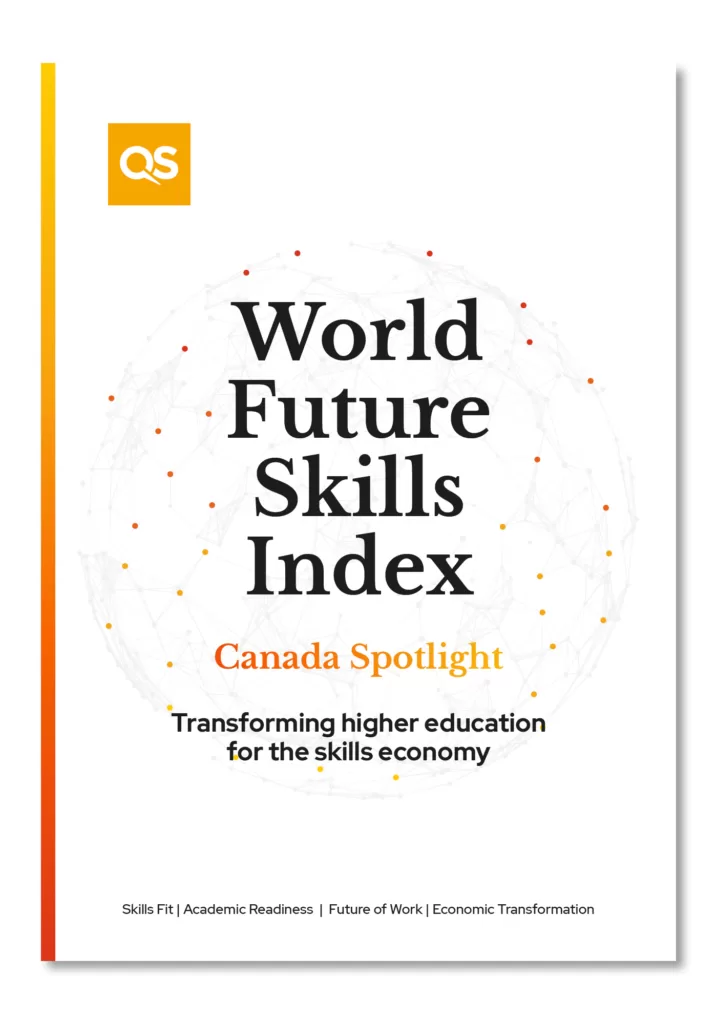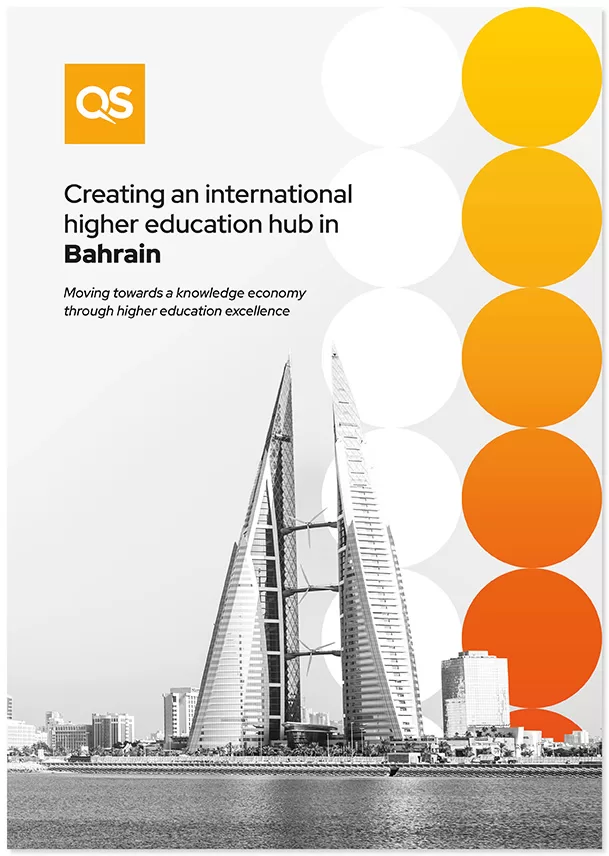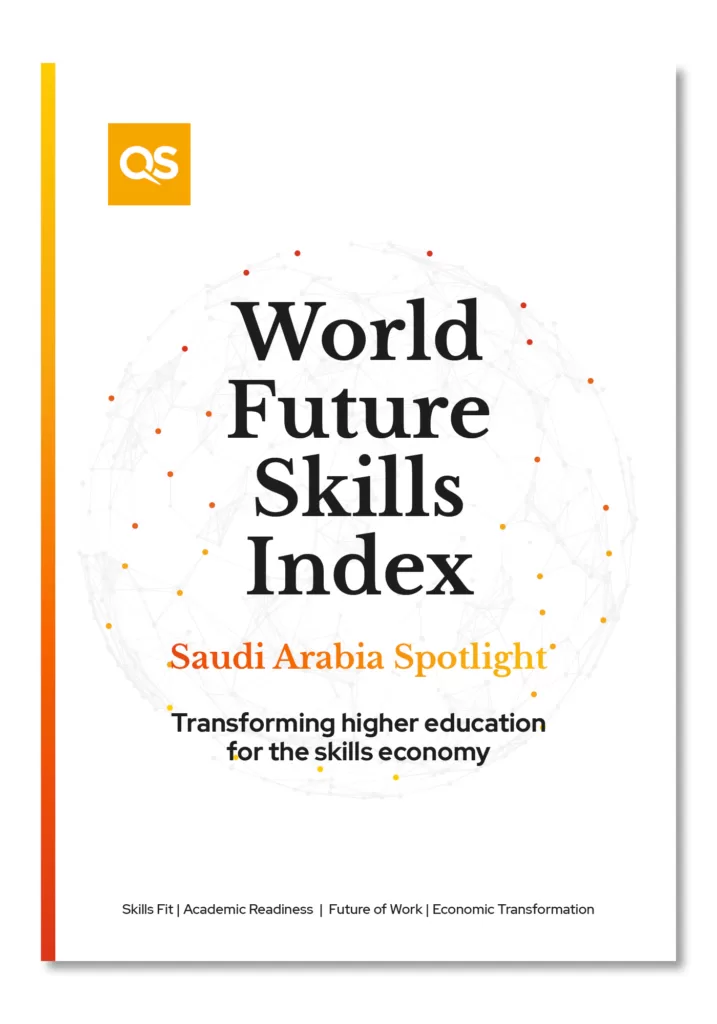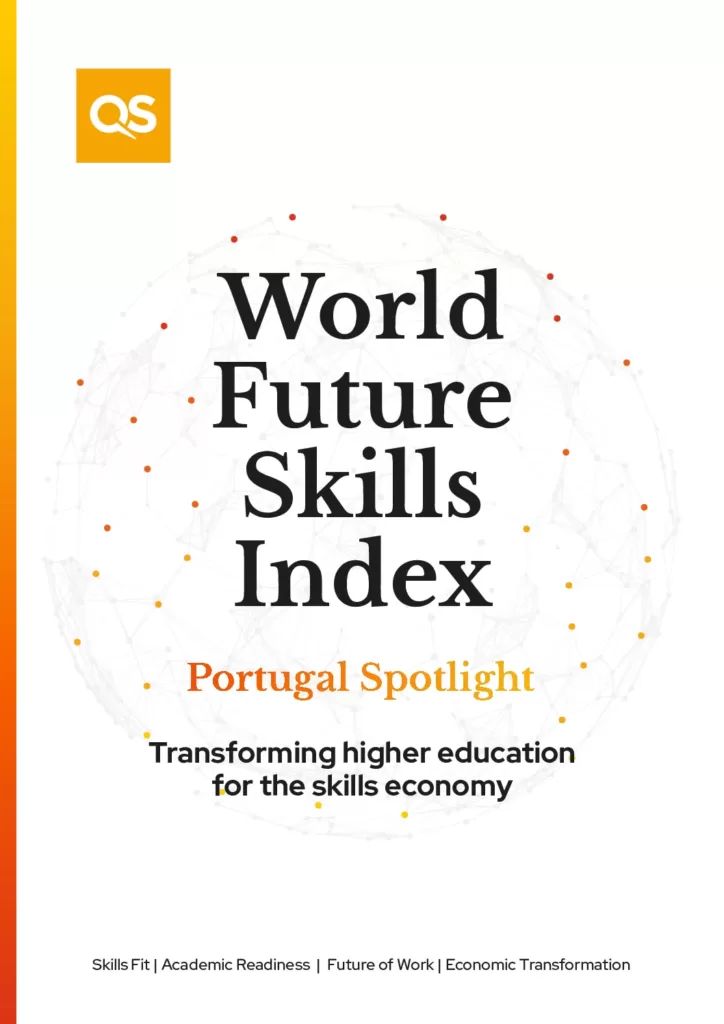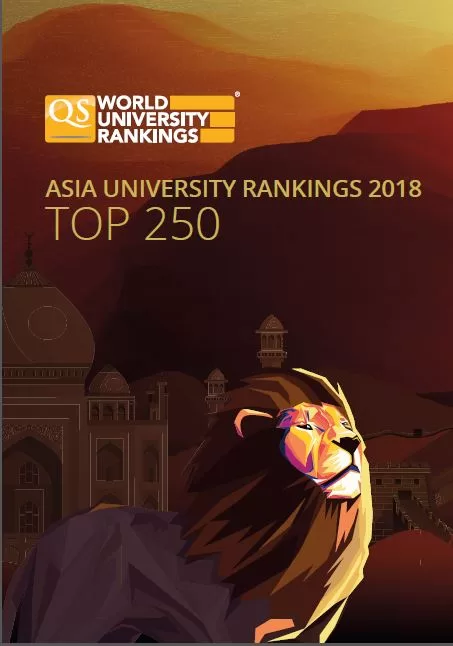
The 2018 QS University Rankings: Asia is the ninth edition of this ranking, and the largest iteration yet, featuring 400 institutions from 17 countries. This makes it the world’s most extensive source of comparative, expert data about Asia’s universities. Over 600 institutions across the continent were evaluated: we provisionally ranked 450, and chose to include 400 of those in our published tables, based on 10 indicators:
- Academic Reputation
- Employer Reputation
- Faculty/Student Ratio
- Citations per Paper
- Papers per Faculty
- Proportion of Staff with PhD
- Proportion of International Students
- Proportion of International Faculty
- Proportion of Inbound Exchange Students
- Proportion of Outbound Exchange Students
